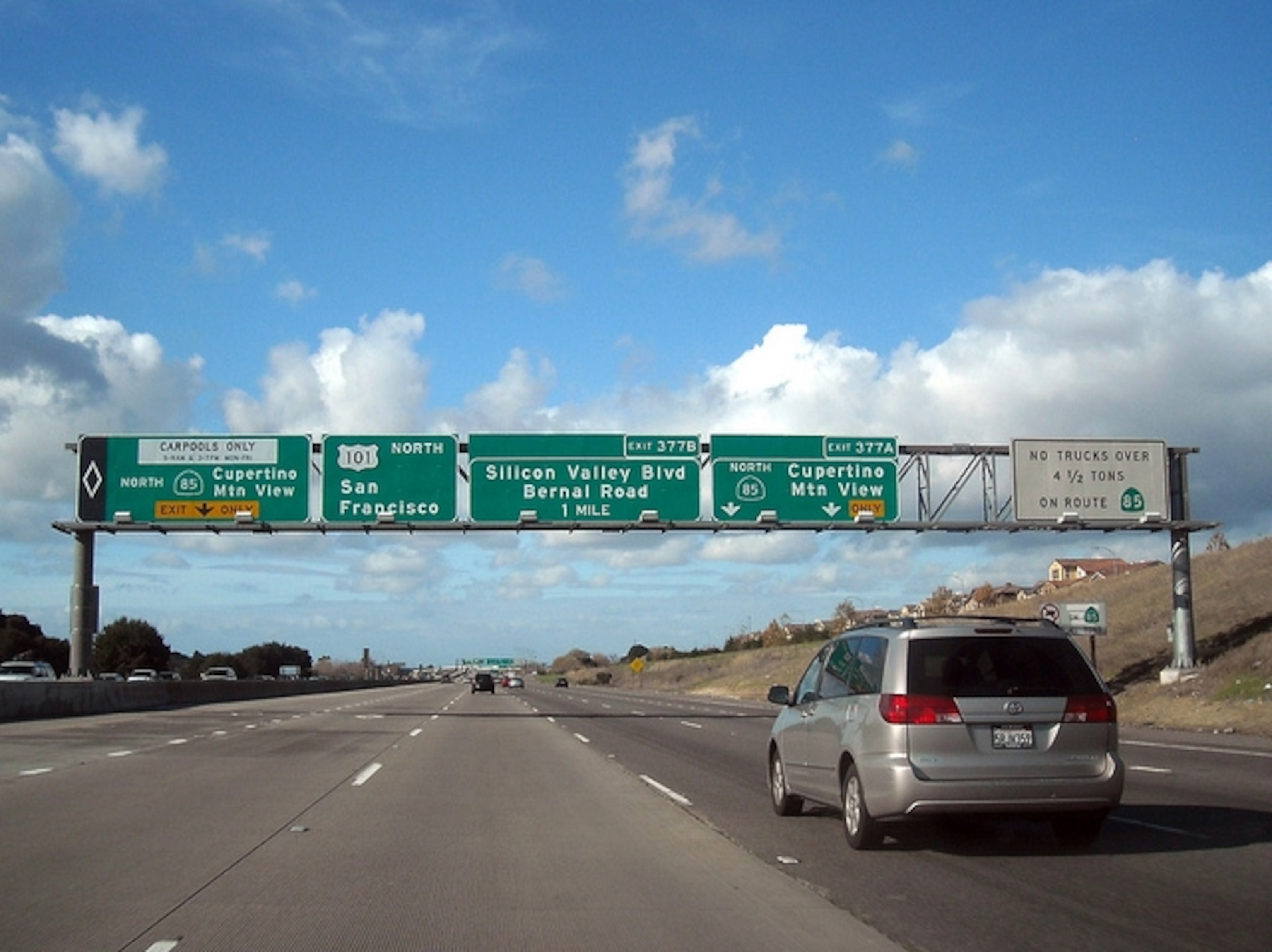
Berkeley’s Guilt Trip: Driving Hurts the Planet

Leave it to Berkeley, a liberal bastion in northern California that’s taken pioneering steps to tax sugary drinks and ban Styrofoam takeout containers. It’s now moving forward with a novel way to address climate change: make people feel guilty about driving.
This week, in a 7-2 vote, its City Council approved a draft ordinance that would require warning labels at fueling stations, even electric-charging ones. The labels would link driving to greenhouse gas emissions and global warming. Their message: a car’s burning of fossil fuels hurts the planet.
“These labels are analogous to the health warnings placed on cigarettes,” Max Gomberg, chairman of the the city’s Community Environmental Advisory Commission, wrote in a memo that notes his group got the idea from the non-profit environmental activist group 350.org. He said making information about the link between driving and heat-trapping carbon dioxide emissions “available at the point of purchase may contribute to behavioral changes to reduce motorized vehicle use.”
Gomberg said Berkeley is falling behind its target of reducing residents’ carbon emissions 33 percent from 2000 levels by 2020, saying it’s only 8 percent of the way there so far. So he said “more action is needed.”
Even in Berkeley, there was opposition. “The city’s proposal compels speech in violation of the First Amendment of the United States Constitution,” Catherine Reheis-Boyd, president of the Western States Petroleum Association, wrote in a June letter to the city. She said: “Far less restrictive means exist to disseminate this information to the general public without imposing onerous restrictions on the businesses.”
Gomberg, noting the oil-lobbying group has threatened a lawsuit, said the costs of the labels would be minimal and partially offset by penalties against stations that fail to post them.. To cut implementation costs, he said the program would not require inspections but would follow up on verified public complaints. Before the council casts a final vote, however, the city’s attorney will try to craft legally defensible language for the proposal that won approval Tuesday.
Not to be outdone, San Francisco is drafting a similar ordinance that its Board of Supervisors could approve next year. In fact, Berkeley is looking to use the same label language that’s being considered by its Bay Area neighbor: “The U.S. Environmental Protection Agency (EPA) has determined that a typical passenger vehicle burning one gallon of fuel produces on average almost 20 pounds of tailpipe carbon dioxide (CO2), which the EPA has determined is the primary greenhouse gas that is contributing to recent climate change. This is a message from the City and County of San Francisco.”